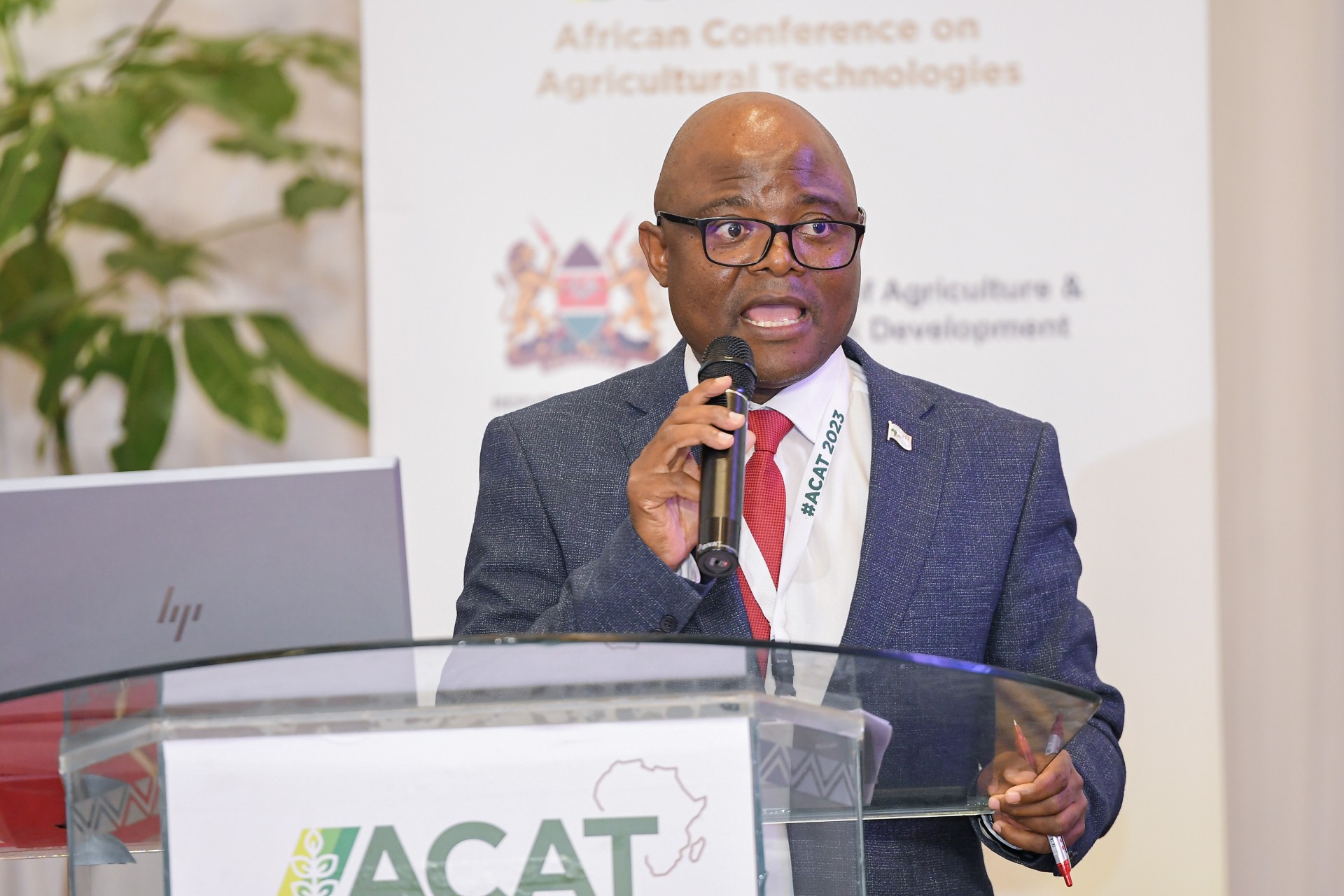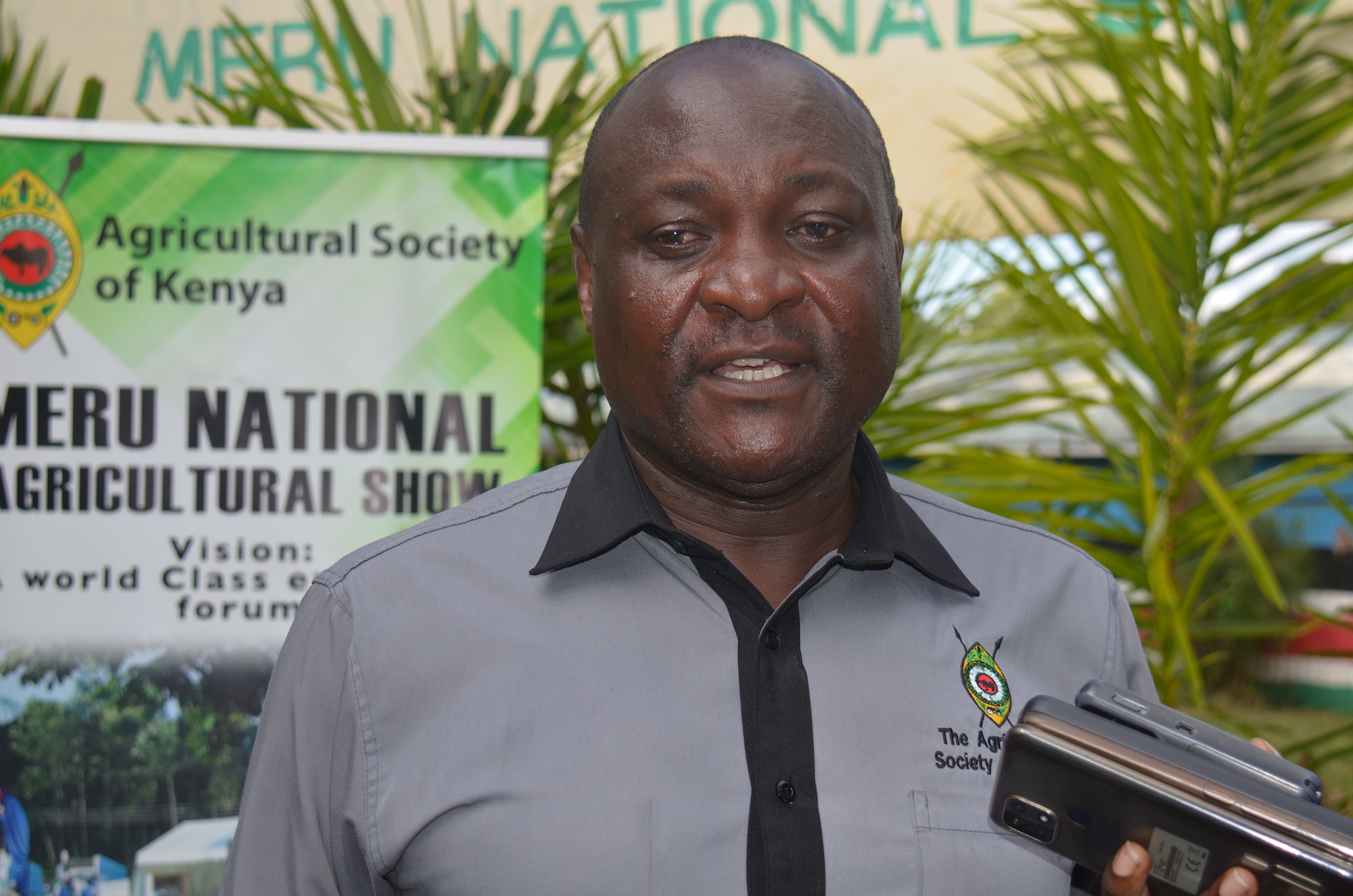Migori fish farmers have been urged to farm monosex fish instead of the traditionally used mixed sex breeds.
Migori County Project Coordinator for Agriculture Business Development Programme (ABDP) Mr. Stanley Muloma explained that monosex fish breeds had a lot of advantages with regard to feeding ratios and faster maturity.
Muloma who spoke during an occasion to award fish farmers certificates after participating in the ABDP training programme on fish farming noted that monosex fish do not breed and hence the time lost in the mating and breeding processes is compensated on growth.
He noted that the automatic regeneration from the mixed sex breeds creates unnecessary food competition because of the different fish sizes in the pond. This he says, may result in prolonged weight gain required for fish farming.
The ABDP coordinator said that a period of eight months is ideal for harvesting if the fish is from monosex as compared to mixed sex breeds.
He affirmed that the County government had certified fish hatchers that can provide quality fingerlings and noted that it was beneficial to acquire fresh fingerlings as opposed to the automatic regeneration of the same from the mixed sex breeds.
Muloma said that so far the ABDP aquaculture programme was being implemented in 15 counties. He noted that their work was to assist farmers with necessary equipment and materials in fish production, conduct training for fish farmers and extension officers and help in the market search.
He said that ABDP will always give a platform for learning and exchange of ideas and skills in order to advance better practices of fish farming and production in the 15 counties.
“We want to make sure that fish farming in the county is no longer a subsistence farming activity but rather a commercial venture from which our people can benefit from,” affirmed Muloma.
Director of Fisheries in Migori County Ms. Judith Okinda said the county had the potential of producing 450 metric tonnes of fish but so far has only managed 147 metric tonnes.
She noted that the set target can only be achieved if farmers can embrace better fish farming practices like rearing monosex breeds in order to help them transition from subsistence to commercial farming.
Okinda underscored the fact that the major challenge in fish production has been feeds supply that are too expensive to purchase. The official said that the county government will always help fish farmers in the county to access cheaper feeds to protect and develop the fish farming venture.
The director noted that the aim of the county government was to develop and sustain aquaculture in the region for the economic benefit of residents. Okinda added that the county government has so far provided 345 farmers with three tonnes of fish feeds and 35,000 fingerlings to ensure continuous production of fish.
Okinda said that the ABDP has been supplying the fish farmers with pond liners, and predictors cover nets while the county government has been providing fingerlings, feeds and harvesting nets. She also added that the county has given out weighing scales to various fish groups to help them weigh their produce before selling.
She affirmed that last year a fish group in the Sub County of Uriri produced 1.9 tonnes of fish from a catch of 2,792. This produce earned the farmers Sh800,000 income.
Migori County Chief Officer for Agriculture, Livestock, Fisheries and Veterinary Services Mr. Elijah Gambere said the diminishing fish production from Lake Victoria was the main reason that pond fish farming had started to mushroom across the Lake Basin Region.
Gambere noted that it was very important for both the county and national government to embrace and advance the fish ponding agenda. He pointed out that food security was one of the Big Four Agenda to ensure that matters nutrition in the nation is addressed adequately.
The county official acknowledged that as a county they were committed to ensuring that they provide quality fingerlings to the farmers to enable them to have higher production.
“As a county, we will not certify any fish hatcheries that will not provide quality fingerlings to our farmers. We are trying to move from the subsistence to commercial fish production and the only way to ensure that this happens is to provide quality fingerlings to our fish farmers”, stated Gambere.
Migori County with the help of the national government and its partners like the ABDP and JLIFAD have supported 1,480 fish farmers and built 1,300 fish ponds. The partnership has also seen 150 level one beneficiaries stocked with 144,500 Tilapia and 7,500 Catfish.
Gambere called upon fish farmers to always ensure that the right fish farming practices are adhered to help them realise high yields. He said that it was very painful to invest so much yet the returns are too little. Gambere emphasised that this may be the reason behind some of the fish farmers quitting the venture. He however noted that the extension services personnel will always be there to give advice and training.
The official also encouraged the fish farmer groups to embrace table banking to help them grow economically. Gambere said that the county and its partners had identified 37 youth group champions who will be trained on fish entrepreneurship. He noted that this will help in job creation and support the value chain addition in aquaculture. Gambere also added that the county will support identified primary schools by building and stocking fish ponds to instil the culture of fish farming in the younger generation.
Migori County Commissioner Mr. Meru Mwangi said the national government was committed to ensuring that the country is food secure in order to fulfill the Big Four Agenda and realise Vision 2030.
Last year Migori County launched two earth dams that were aimed to help in the establishment of the county’s fish ponds for breeding purposes in order to provide quality fingerlings. The dams when finished will also help in the production of sweet potato seedlings and provide water to residents.


